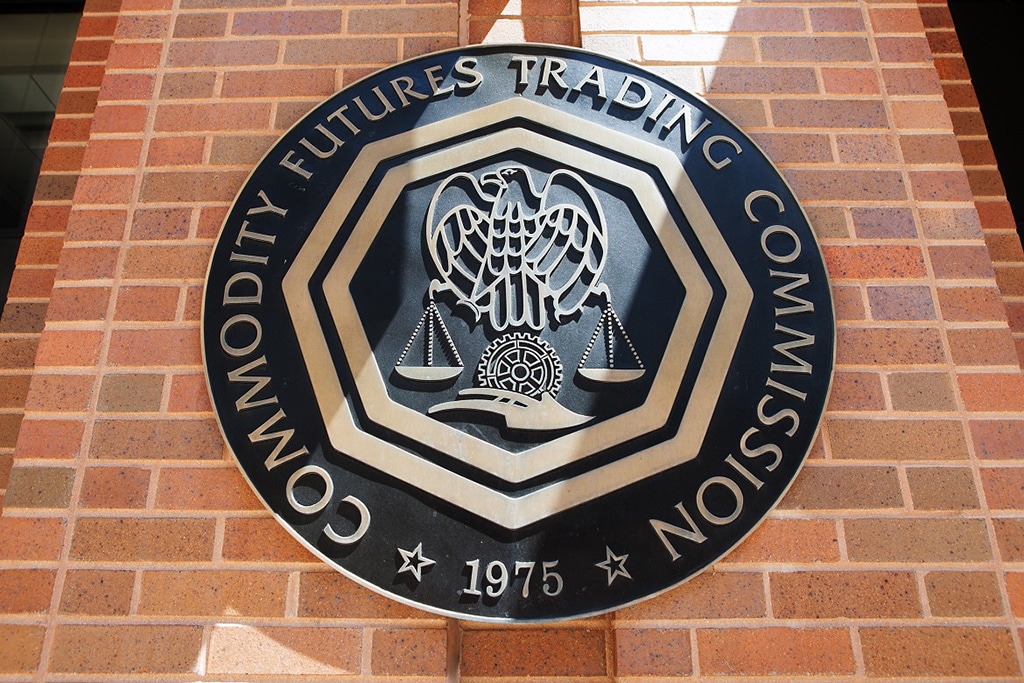
After surviving several volatile months, Bitcoin is heading into the last month of 2017 at a record-breaking valuation of over $9,700 USD per BTC. It’s a far cry from its humble debut in January 2013, when it was valued at $13.33 per BTC, to say the least. Unless you have plenty of disposable cash on hand to play with, it may be a tad late to buy into on the Bitcoin craze—unless you’re banking on BTC cracking the $5 million mark.
Don’t fret, though. With over 1,300 cryptocurrencies to choose from, it’s not as if you’re facing a dearth of options to gamble on. There’s even one named after the president of France. All joking aside, cryptocurrencies are no laughing matter; each of the top 15 cryptocurrencies have a market cap of at least $1 billion. And it’s no surprise that a growing number of entrepreneurs are looking to cash in on this growing market to fund their own ventures.
They enter ICOs, otherwise known as initial coin offerings or “token sales.” While the acronym looks like the acronym for initial public offerings, IPOs and ICOs are markedly different. Unlike IPOs, ICO companies don’t trade away equity in exchange for funding, but instead issue discounted cryptocurrency units in bulk.
It’s an investment strategy that’s quickly growing in popularity; over 207 companies so far have raised about $3.26 billion in ICO funding this year alone. Thanks to the SEC, however, some domestic ICOs could face additional hurdles if they resemble securities or exchanges. While this won’t impact all domestic ICOs, it will give companies and investors additional regulatory concerns to consider before proceeding.
How the SEC Arrived At its Conclusions
The SEC came to this conclusion in July 2017 report of investigation that addressed an ICO that was compromised by hacking. The company, Slock.io, mounted a campaign that collected $150 million worth of Ether in exchange for distributing 1.5 billion of its tokens.
During the offering, which Slock.it tried classifying as a “crowdfunding contract,” investors purchased so-called DAO tokens that they could use to fund, and share future earnings in various projects created on the DAO platform.
They also had the option to trade DAO tokens on the secondary market. The SEC reasoned that the ICO was an offering of “investment contracts,” a type of security recognized by both the Securities Act of 1933 and the Securities Exchange Act of 1934.
Under securities law, an investment contract—and, in turn, a security—is in place if the investor made “an investment of money in a common enterprise with a reasonable expectation of profits to be derived from the entrepreneurial or managerial efforts of others.”
After analyzing the sale, the SEC found that the entire DAO token investment process amounted to an investment contract. It concluded that the investors’ decision fund the tokens with Ether would be considered “an investment of money” even though they didn’t use fiat money, while the promise of receiving future profits from DAO-created projects, overriding powers of Slock.io management, and limited voting rights given to token owners indicated that the investors had “a reasonable expectation of profits” attributed to the entrepreneurial and managerial efforts of Slack.io’s founders.
The SEC also treated the DAO token secondary markets as exchanges that would also need to be registered, and additionally underscored how investors participating in unregistered offers and sales of securities could face liability for violating Section 5 of the Securities Act.
What This Means for ICO Activity in the United States
Although the SEC did not sanction Slack.it or its investors, it did draw a clear line stating how certain types of ICO tokens will face stricter regulation if they resemble securities. It doesn’t mean, however, that ICOs are going away.
After the SEC issued this opinion in late July, Coindesk’s ICO Tracker showed that although new ICO funding plummeted from $575 million to roughly $146 million in August, it quickly rebounded to an all-time monthly high of $662.85 million for September.
Regardless of whether you’re launching or considering participating in ICOs, what really matters for regulatory purposes is whether the ICO you’re launching or considering investing in could be deemed securities. And for that, reviewing the definitions sections of the ’33 & ’34 Acts—or consulting an attorney—would be a good first step.






